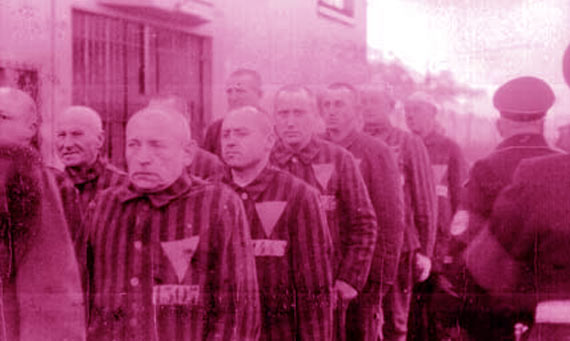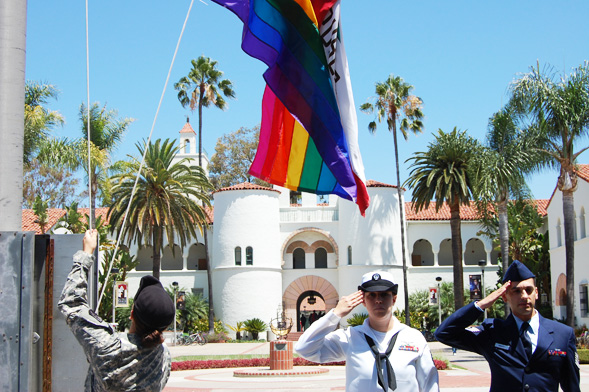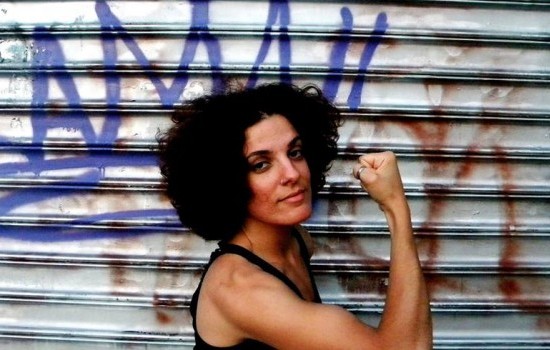Last Tuesday, 27 January, was the International Holocaust Remembrance Day, the international memorial day for all the lives lost in the Holocaust.
This year’s Remembrance Day also marked the 70th anniversary of the liberation of the concentration camps in Auschwitz and Birkenau and memorials across the world such as Berlin, Amsterdam, Tel Aviv, and San Francisco also remembered and honored the lives of those who were persecuted under Nazi Germany for their sexual orientation.
It is estimated that between 5,000 and 15,000 gay men were detained in concentration camps under the Nazi regime, persecuted under Paragraph 175 of the German Criminal Code, which proscribed sexual acts between men. In total, between 1933 and 1945, around 100,000 men were arrested under Paragraph 175.
Even though Paragraph 175 (which was finally repealed in 1994) only criminalised sexual acts between men, lesbian women have also been prosecuted because of their sexual orientation, although not systematically.
Many were imprisoned in ‘reformatories’ where they faced forced labour, violence and torture, others were transported to ‘concentration camps’. Because Lesbian women were not incarcerated under Paragraph 175 and often categorised as ‘asocial’ and/or ‘mentally deficient’ there is no exact data at hand, and the continuous tabooing of same-sex relations between women until at least the 1970’s prevented most of the survivors to share their stories.
Nonetheless, many memorials for and exhibition about victims of the prosecution against homosexuals during the NS regime also include lesbian women (for example, take a look at ‘Frankfurter Engel’, a memorial for the prosecuted homosexuals).
Speaking on Remembrance Day, U.K. Deputy Prime Minister Nick Clegg said non-Jewish people who were persecuted under the Nazi regime should also be acknowledged in a national memorial, particularly LGBT victims:
“Today we remember the millions of innocent people who lost their lives in the Holocaust, one of the worst genocides known to man. Their crimes, nothing more than the way they were born.”
“As we pay tribute to them, we must never forget the tens of thousands of gay people who were so brutally persecuted and executed at the hands of the Nazis, simply because of their sexuality.”



